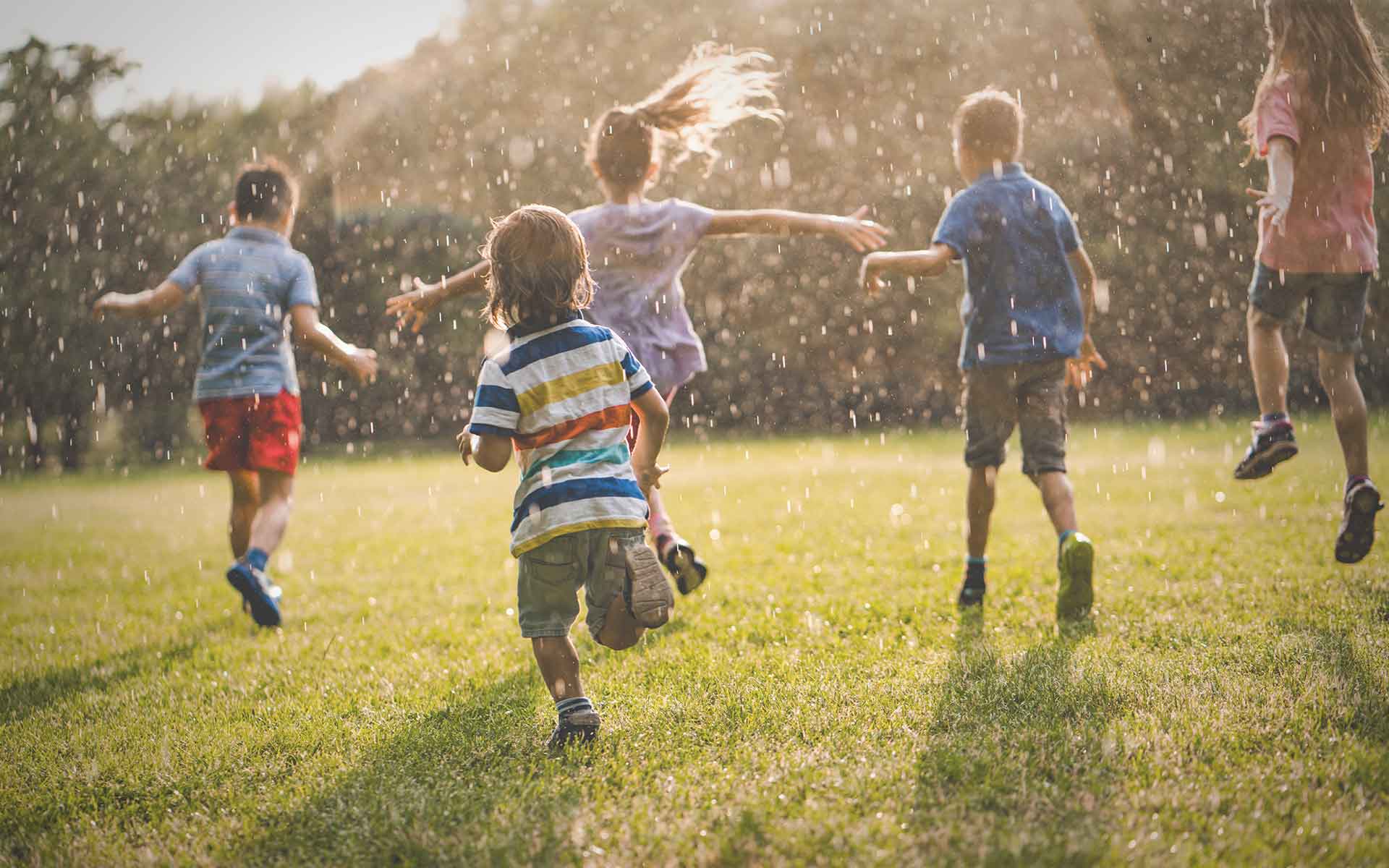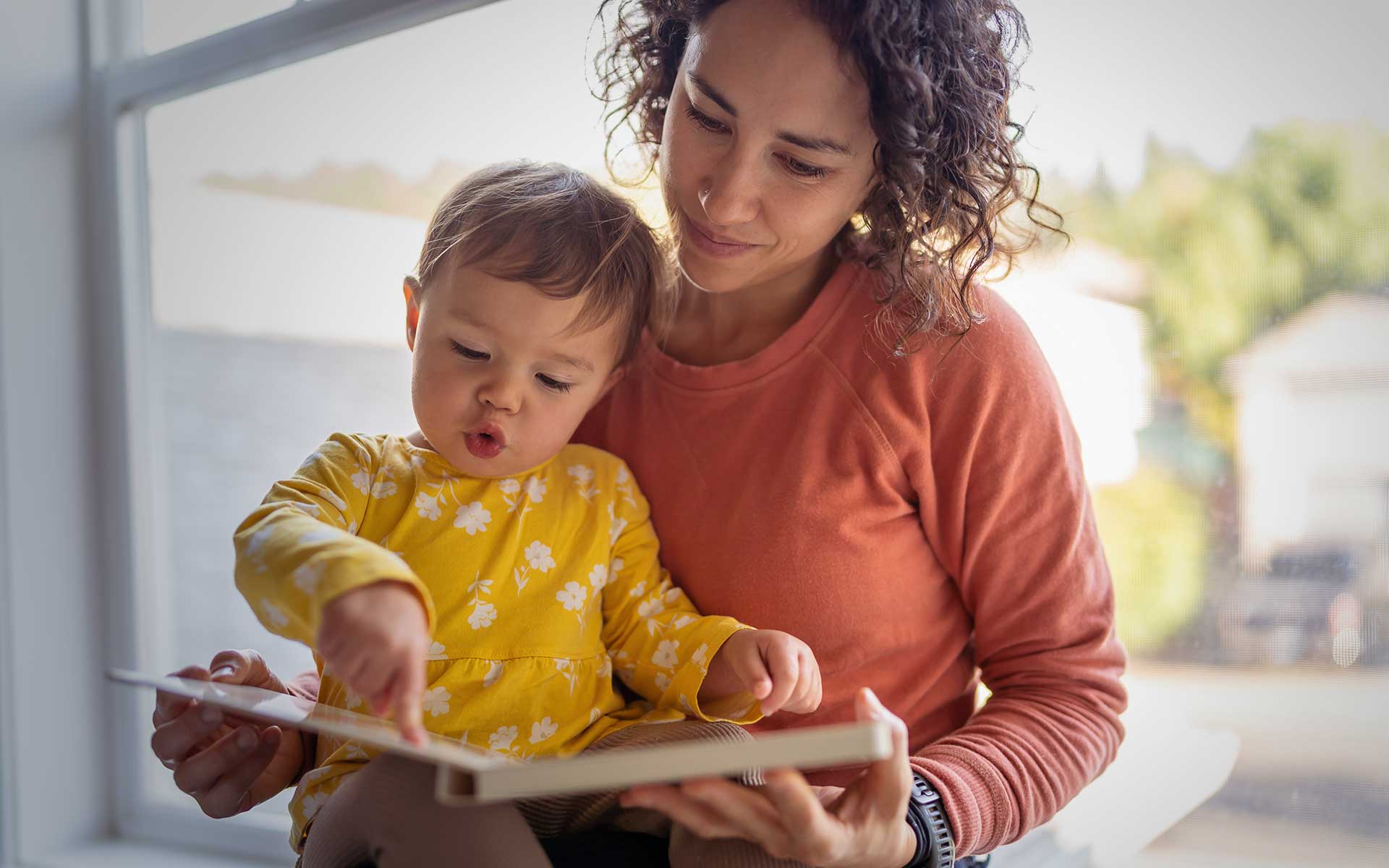Question: Dr. Dobson, don't you think homeschooling might negatively impact the socialization process? I don't want my children growing up to be misfits.
Answer: This is the question homeschooling parents hear most often from curious (or critical) friends, relatives, and neighbors. "Socialization" is a vague, dark cloud hanging over their heads. What if teaching at home somehow isolates the kids and turns them into oddballs? For you and all those parents who see this issue as the great danger of home education, I would respectfully disagree—for these reasons.
First, to remove a child from the classroom is not necessarily to confine him or her to the house! And once beyond the schoolyard gate, the options are practically unlimited! Homeschool support groups are surfacing in community after community across the country. Some are highly organized and offer field trips, teaching co-ops, tutoring services, social activities, and various other assistances and resources. There are homeschooling athletic leagues and orchestras and other activities.
Even if you're operating completely on your own, there are outings to museums and parks, visits to farms, factories, hospitals, and seats of local government, days with Dad at the office, extracurricular activities like sports and music, church youth groups, service organizations, and special-interest clubs. There are friends to be invited over and relatives to visit and parties to attend. The list is limitless. Even a trip with Mom to the market can provide youngsters with invaluable exposure to the lives and daily tasks of real adults in the real world. While they're there, a multitude of lessons can be learned about math (pricing, fractions, pints vs. gallons, addition, subtraction, etc.), reading labels, and other academic subjects. And without the strictures of schedule and formal curricula, it can all be considered part of the educational process. That's what I'd call socialization at its best! To accuse homeschoolers of creating strange little people in solitary confinement is nonsense.
The great advantage of homeschooling, in fact, is the protection it provides to vulnerable children from the wrong kind of socialization. When children interact in large groups, the strongest and most aggressive kids quickly intimidate the weak and vulnerable. I am absolutely convinced that bad things happen to immature and "different" boys and girls when they are thrown into the highly competitive world of other children. When this occurs in nursery school or in kindergarten, they learn to fear their peers. There stands this knobby-legged little girl who doesn't have a clue about life or how to cope with things that scare her. It's sink or swim, kid. Go for it! It is easy to see why such children tend to become more peer-dependent because of the jostling they get at too early an age. Research shows that if these tender little boys and girls can be kept at home for a few more years and shielded from the impact of social pressure, they tend to be more confident, more independent, and often emerge as leaders three or four years later.
If acquainting them with ridicule, rejection, physical threats, and the rigors of the pecking order is necessary to socialize our children, I'd recommend that we keep them unsocialized for a little longer.
From Dr. James Dobson's book Complete Marriage and Family Home Reference Guide.












